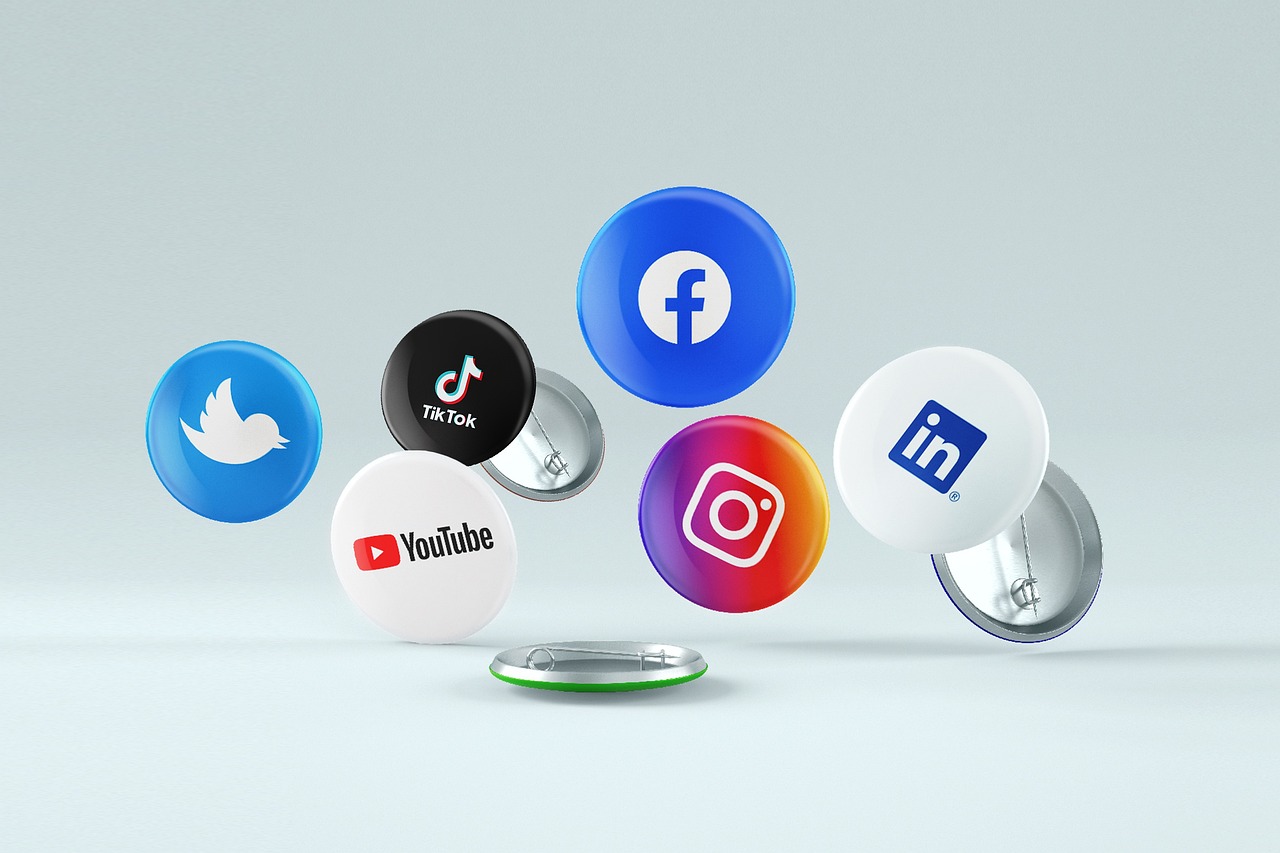💡 What If You Could Own the Internet? (And Make It Work for You)
Let me ask you something real quick:
Have you ever thought, “I wish I could earn money online... but I don’t want to start a business or become a full-time influencer”?
Yeah? Same here.
I used to think making money online meant selling stuff on Amazon or coding an app from scratch. But turns out, in 2025, the internet is full of little pockets of gold. You don’t need capital. You don’t even need a team.
You just need to know what to build — and more importantly, how to make it work for you even when you’re sleeping or attending boring lectures. 😅
So let’s talk about building digital gold — real digital assets that students like us can create and own.
🥇 1. Niche Blogging (Yes, It Still Works — A Lot Better Than You Think)
I’ll be honest — I used to think blogging was dead. Like, who reads blogs anymore, right?
But then I saw a friend making ₹15,000/month from just five posts on a blog that reviewed budget gadgets. He wasn’t even a tech expert. He just liked comparing phones.
That opened my eyes.
Blogging in 2025 isn’t about writing 1,000 posts. It’s about writing 5–10 good ones — in a niche you actually care about. Some ideas?
-
Tech & gadgets under ₹500
-
Coding diaries or project logs
-
Student time management tips
-
Honest reviews of tools like Canva, ChatGPT, etc.
-
“How I made ₹X online” type stories
You don’t need Shakespeare-level writing. You just need clarity and value.
And the best part? You can monetize using:
-
Cuelinks (Indian affiliate tool)
-
Paid Notion templates, PDFs, or eBooks
-
Newsletter signups that later bring in paid offers
✨ Bonus: Your blog becomes your portfolio, your resume, and your passive income source — all in one.
🧠 2. Instagram, YouTube, or Telegram — Without Showing Your Face
Let’s be real: not everyone wants to be a camera-facing creator or post selfies every day.
And you don’t have to.
In 2025, faceless content is booming. Pages that post:
-
Study motivation
-
1-minute coding hacks
-
AI tools in action
-
Daily freelancing tips
-
Gadget deals or productivity tools
…are pulling in ₹5K–₹30K/month just from affiliate links and collaborations.
Here’s what you need:
-
ChatGPT to write captions
-
Canva for carousel or reel design
-
CapCut or InShot for editing
-
A niche + some patience
Start posting 3–5 times a week and add links in your bio. That’s it.
You can schedule everything and manage it in 1–2 hours a day.
💡 Pro tip: Use trending audio and save your templates to reuse faster.
💻 3. Sell Simple Digital Products You Already Have
This one honestly blew my mind.
I used to make digital planners and to-do lists on Canva just for fun. One day, I listed them on Gumroad and forgot about it.
Two months later… ding. ₹129 payment.
It wasn’t much, but the feeling? Priceless.
What can you sell?
-
Aesthetic notes (Notion, PDF, handwritten)
-
Resume templates
-
Study templates
-
Portfolio layouts for coders
-
Code snippets (like reusable HTML/CSS sections)
-
Mini eBooks
Where to sell:
Create once. Share the link. Repeat.
📹 4. Turn Blogs Into Videos (Faceless) and Post on YouTube
If you’ve written even one blog, you’ve already got a script. Why not turn it into a YouTube video?
In 2025, AI tools make this super easy:
-
Pictory.ai turns text into stock video
-
Lumen5 adds visuals and music
-
ElevenLabs or Google TTS gives you a voiceover
You don’t need editing skills or a camera.
Post faceless videos about:
-
Tech tools
-
Study hacks
-
Top 5 product roundups
-
“Here’s how I earned ₹10K as a student” stories
Earning comes from:
-
YouTube AdSense
-
Affiliate links in the description
-
Future sponsorships (once your channel grows)
This is true digital gold — it scales with time.
🌐 5. Buy a Domain — And Build Something That’s Truly Yours
Owning a website might feel like a “pro” thing, but trust me — it’s one of the smartest student investments.
I bought my first domain for ₹450 during a sale. Didn’t even build a full website at first. Just added:
-
My portfolio
-
A few blog posts
-
Contact links + resume
That small step led to me getting freelance offers without applying anywhere.
Domains can become:
-
Your personal brand
-
A blog
-
A content hub
-
A resource site for students
-
Or even something you flip and sell later
Domains are digital real estate. And in this economy? Real estate always wins in the long term.
✅ Final Thoughts: You’re Sitting on Digital Gold — Start Digging
Here’s the truth most people won’t tell you:
You don’t need to be a coding genius or have 50K followers to make money online.
You just need a phone/laptop, a little patience, and consistency.
If you:
-
Write notes
-
Use Canva
-
Know ChatGPT
-
Build basic coding projects
-
Share value daily
…then you’re already sitting on the raw material for digital gold.
So don’t scroll past this and forget it. Pick one method. Stick to it for a month. Track what works. Learn. Tweak. Grow.
And one day, you’ll wake up to a payment email you didn’t expect — and realize, “Oh wow, I really own this.”
That’s the power of digital assets.
💬 Ready to build your first one?



Comments
Post a Comment